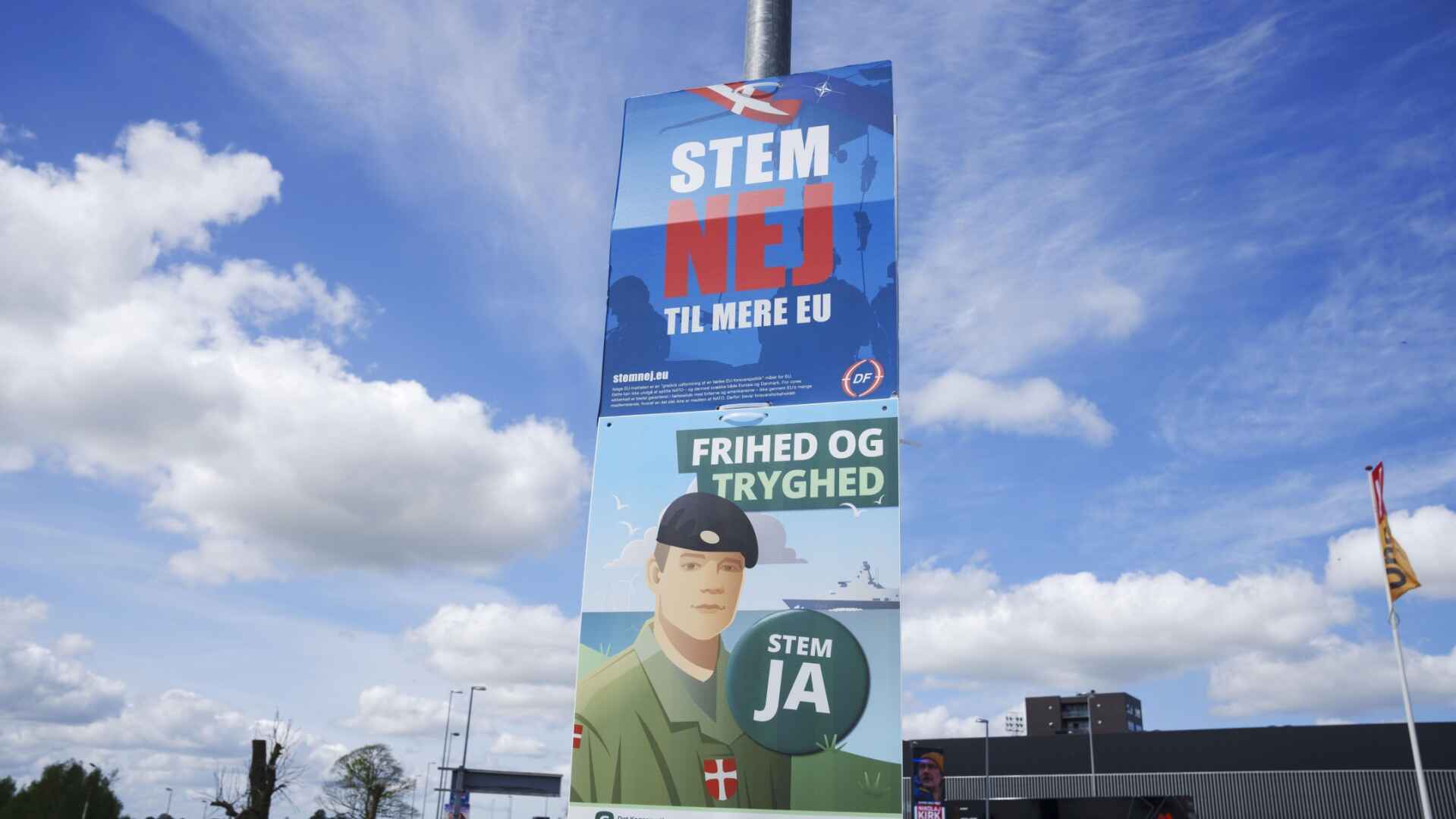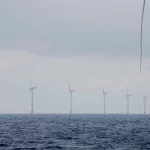This website uses cookies to improve your experience. We'll assume you're ok with this, but you can opt-out if you wish. Read more
Joining the fray, reluctantly
Joining the fray, reluctantly
What I have called “the Putin Referendum” is now at hand. On June 1, Denmark will decide whether or not to remove its opt-out from military and security collaboration in the European Union. The polls are running around 42 percent Yes (that is, yes to removing the opt-out); 28 percent No (for retaining it); and 22 percent undecided (DK). The war in Ukraine has given the Yes side a lead, but many are wary of betting on Denmark to favor the EU because of its historical skepticism.

Ja (Yes) and Nej (No) placards on lampposts Photo: Bo Amstrup © Ritzau Scanpix.
In 1992, Denmark rejected the Maastricht Treaty by a very slim majority. Afterward, a broad range of political parties devised the so-called National Compromise, which entailed approval of Maastricht with opt-outs from EU collaboration in four areas, including defense and the euro. In a new referendum the following year, Danes approved the Edinburgh Agreement with these opt-outs, prompting violent protest demonstrations in Copenhagen. Denmark held a referendum on the euro opt-out in 2000 and the justice opt-out in 2015, and in both cases voted to maintain them by a 53 percent majority.
No commitment
The case for removing the opt-out seems fairly strong. Denmark is the only EU member state that is not part of the shared European defense organization. It often expresses a desire to influence EU policy, and at present it is excluded from EU defense and security decisions. It is also a small country and is dependent on others for defense. Removing the opt-out would not commit Denmark to participate in any specific mission. It would have an obligation to contribute financial support for EU defense operations, but a decision to send troops or equipment would be determined by the Danish Parliament, as is the case with NATO and UN missions. At present, the EU has seven military operations, most of them training missions in Africa.
EU military operations also require unanimity, which means that any member can veto a mission (DK). This rule was put in doubt the other day when a statement by Ursula von der Leyen, the chair of the EU Commission, was misinterpreted as a desire to abandon the requirement of unanimity. But von der Leyen was referring to unanimity in foreign relations policy, which can allow a single country to prevent the implementation of sanctions against Russia, for example.
Center vs. periphery
The Danish political establishment strongly favors a Yes (DK) vote to remove the opt-out. It generally favors more EU participation and international cooperation. But its spokespersons seem to be careful not to browbeat voters for fear of provoking a Brexit-like rebellion. The only parliamentary parties on the No side are the populistic Danish People’s Party; the far-left, pacifist Red-Green party; and the libertarian-xenophobic New Right party. They are opposed in principle to the EU and especially to further expenditures and obligations. The Red-Green party (DK) just moderated its longstanding position on leaving the EU, but it still favors the defense opt-out.
Their other main argument is that in reality Europe’s defense is provided by NATO. The military might of the US, the UK, and other non-European members makes NATO much stronger than Europe alone could ever be in the near future, so it doesn’t matter whether the EU defense is enlarged slightly by the addition of Denmark’s forces. They believe that Denmark’s contribution to EU defense would reduce its contribution to and role in NATO, and some think the EU wants to develop an army, which would further detract from Denmark’s participation in NATO.
NATO’s fickle troll
The Yes side rejects the view that Denmark’s participation in EU defense would exclude it from participation in NATO or from NATO’s guarantee to defend its members. Another indirect but salient factor favoring the Yes side is, ironically, the unreliability of NATO and Europe’s strongest defender, the United States. This unreliability is personified in the bitter, brooding specter of Donald Trump and his possible re-election in 2024. If Trump were to return to power with an obsequious Republican Congress and reduce or abandon US support for NATO, then Europe might need to do much more to protect itself. In this role, Trump is thus allied with his fellow demented arch-villain Putin in prompting Europe to shore up its defenses and man the barricades.


